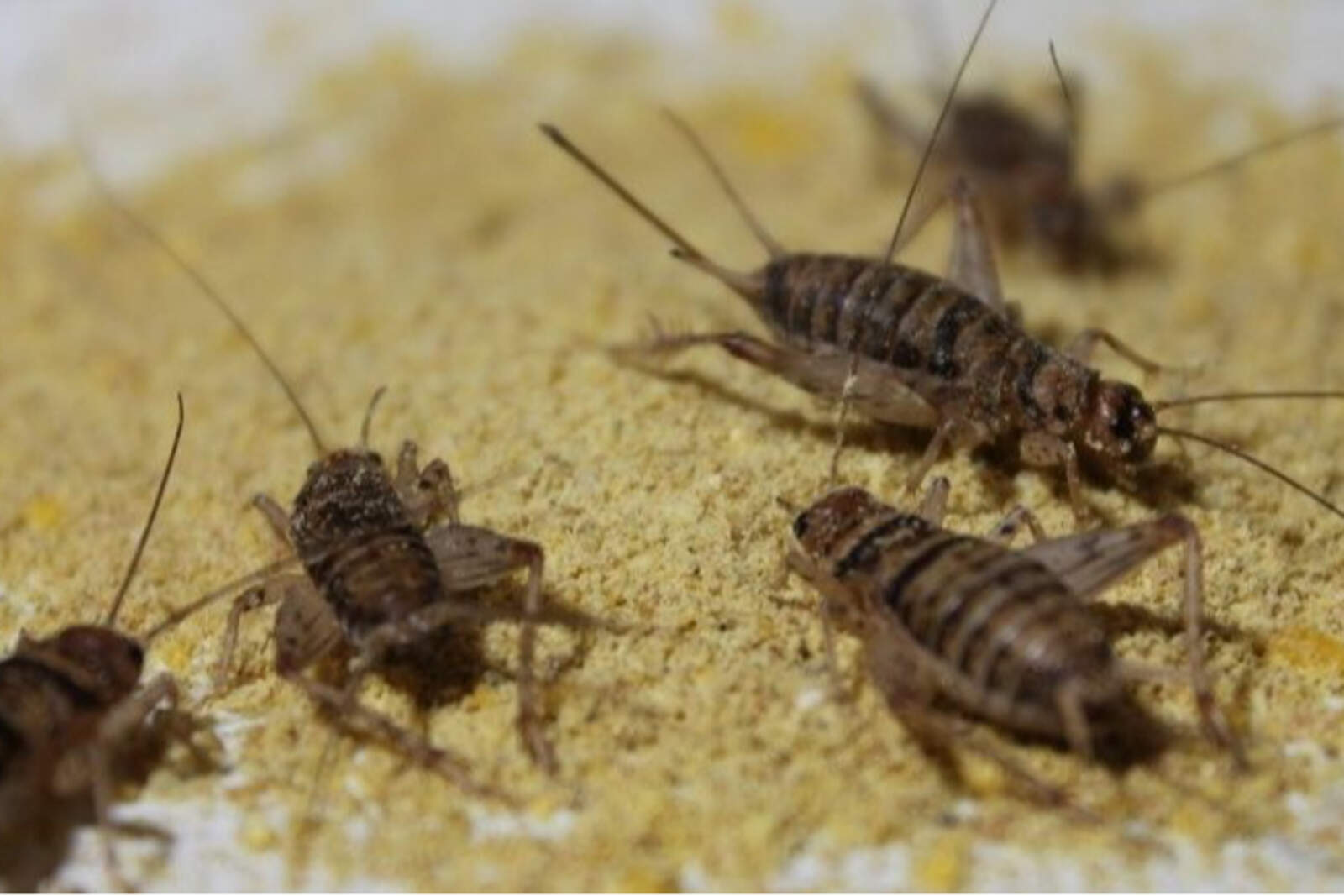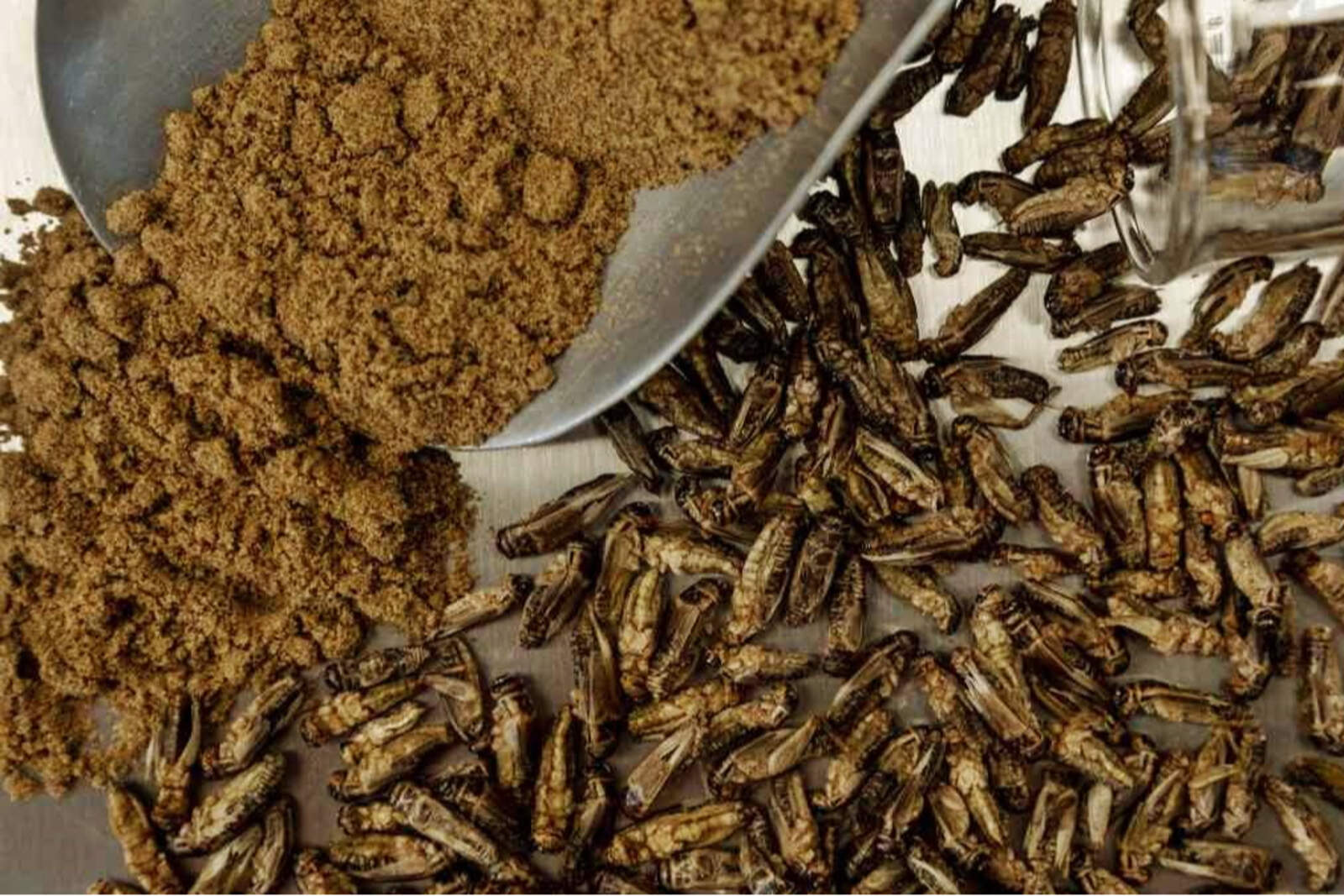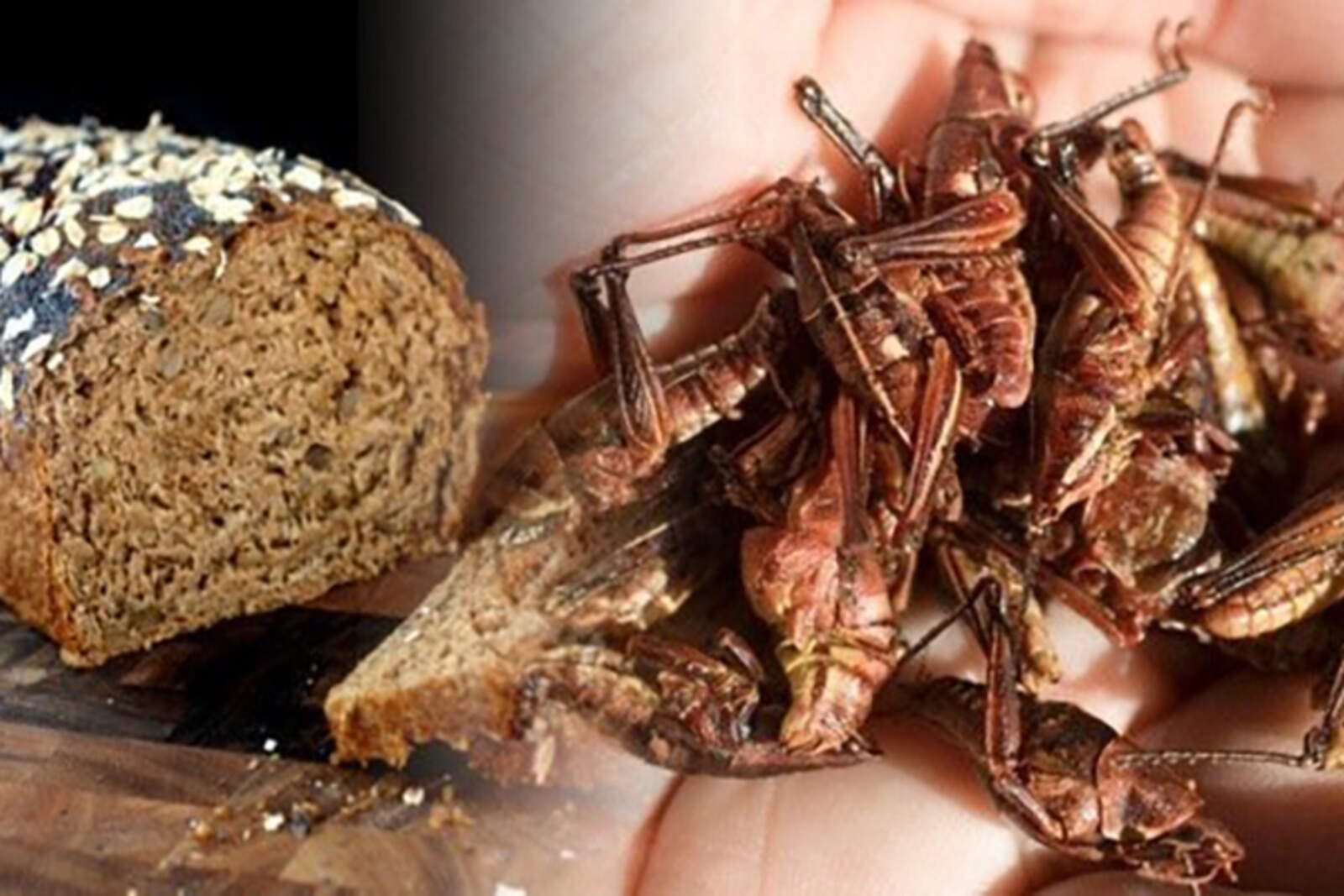The production of food based on crickets and other insects is already an expanding practice, and recently the first cricket flour factory arrived in Spain to distribute products in supermarkets across the country.
After the European Commission recently approved the consumption of species like the mealworm, the migratory locust, and the house cricket, various "factories of the future" installed in Spain, representing the 2030 Agenda, are beginning to offer these products on supermarket shelves.
Among them stands out Grillco, a Catalan company that has decided to bet on this new and delirious food paradigm, promoted by Brussels, and already produces cricket flour on an industrial scale.

Based in Barcelona, Grillco not only processes crickets to turn them into flour but also takes care of their breeding, with the aim of "ensuring product quality from its origin." Francesc Picornell, one of the founders, describes the process as intensive and comparable to traditional livestock farming: "We breed the crickets from their initial phase, feed them, let them grow, and then process them to turn them into flour usable in all kinds of recipes."









